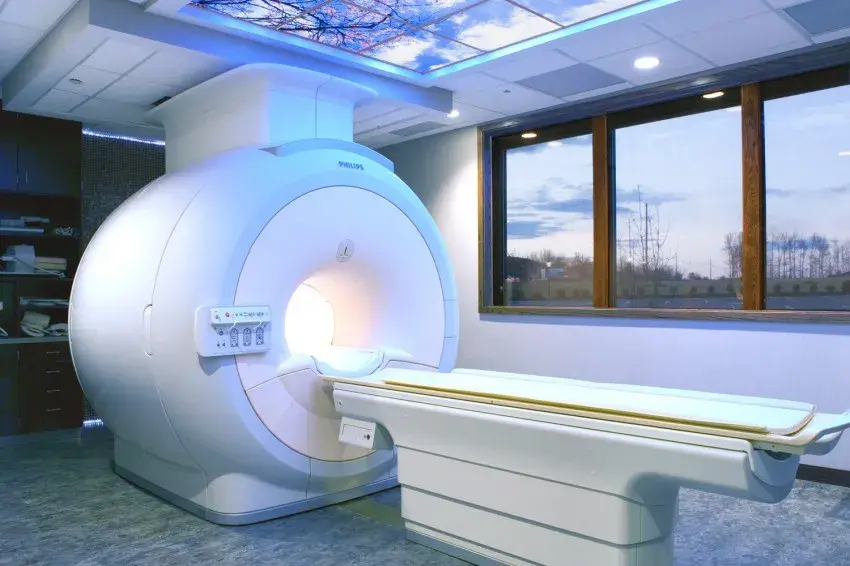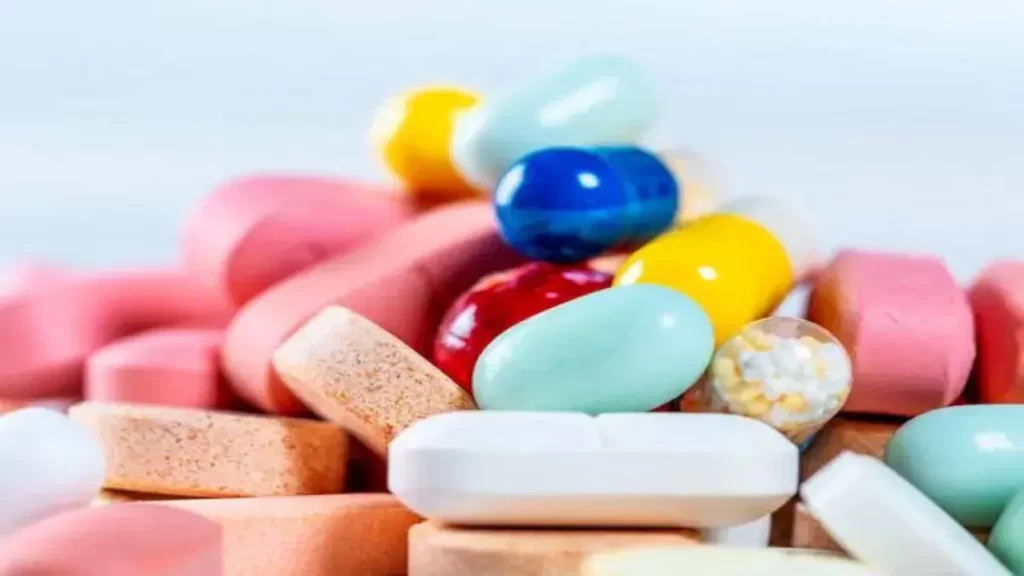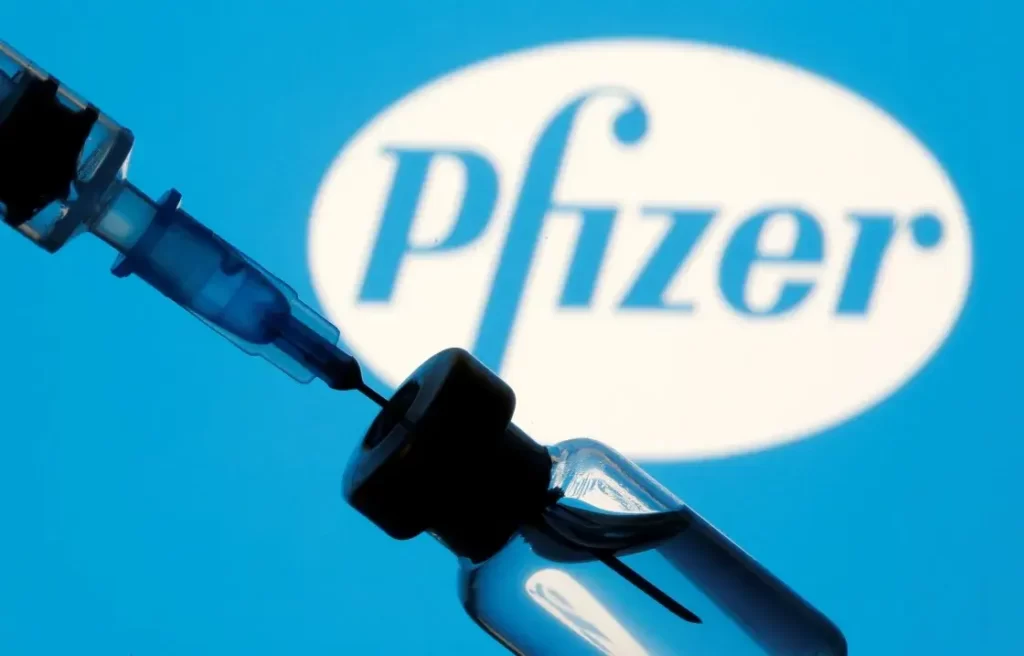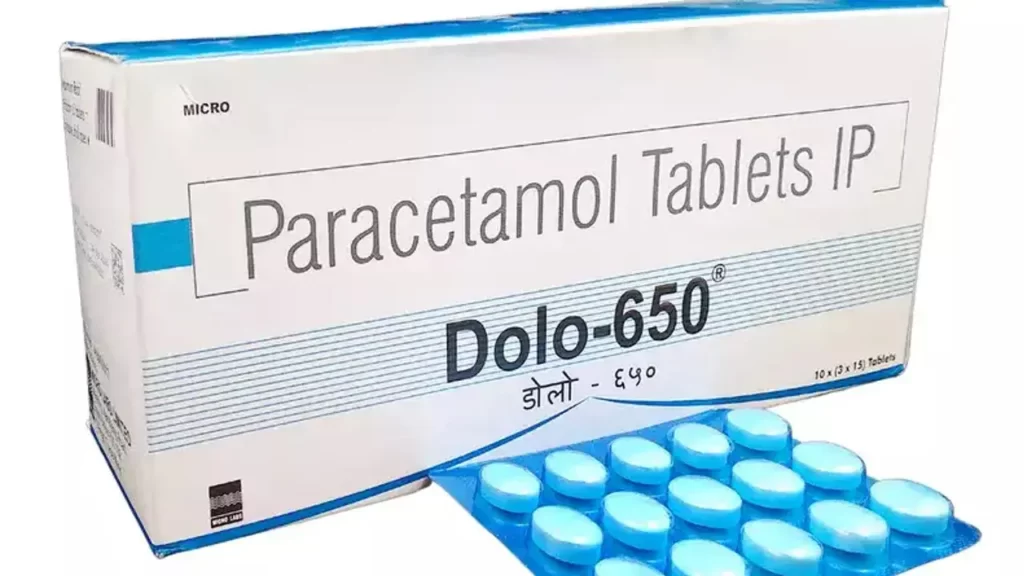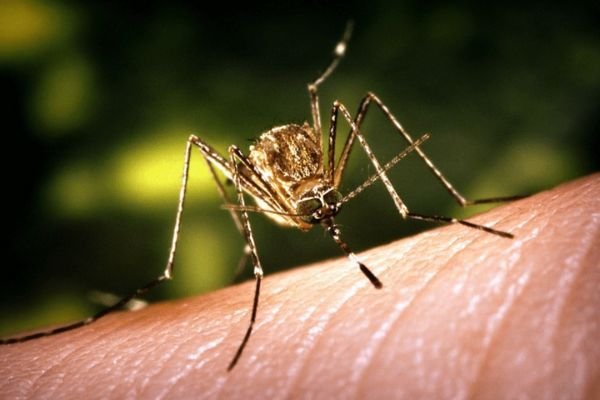Health Ministry will launch a massive volunteer blood drive on September 17
From September 17 to October 1, which is National Voluntary Blood Donation Day, the Union Health Ministry will launch a massive blood donation campaign called “Raktdan Amrit Mahotsav.” According to an official source, the mega drive intends to surpass the existing global record for the greatest blood donation in a single day on September 17 by collecting 1.5 lakh units of blood on that day. The birthday of Prime Minister Narendra Modi falls on September 17. India now has a blood storage capacity of about 1.5 lakh units. However, if the number of participants exceeds that, blood won’t be drawn, but the participant will still receive a certificate of participation. On the Aarogya Setu portal, under the “Raktdaan Amrit Mahotsav” initiative, registrations for voluntary blood donation have already started. This initiative urges individuals to donate blood and support the prime minister’s humanitarian objective. An official stated that the goal of the campaign is to raise awareness of the importance of routine uncompensated blood donation as well as to guarantee that all people have access to, and can afford, blood and its components. There is currently a huge disparity between the supply and demand for blood. Data from 2021 shows that for every 1.25 crore units available, there were 1.46 units in demand. The Aarogya Setu App users’ data will be accessible to blood banks and other organisations organising the drive via the web portal e-RaktKosh, the source claims. According to the source, 1,78,443 TB patients and 1667 Nikshay Mitras (donors) have so far signed up for the Nikshay Mitra initiative, which the President launched on September 9. According to him, the Health Ministry is executing the Pradhan Mantri TB Mukt Bharat Abhiyaan, which provides community support for TB patients, in order to effectively engage the community in the effort to eradicate TB. Cooperative societies, corporations, elected officials, individuals, institutions, non-governmental organisations, political parties, and partners who can support by adopting the health facilities in the state, district, block, and peripheral health care facilities are included in Nikshay Mitra (Donor) for this programme. The funding will be available for no less than one year and no more than three years. The Nikshay Mitra will offer the program’s patients nutritional assistance, as well as vocational and diagnostic support.
Health Ministry will launch a massive volunteer blood drive on September 17 Read More »


